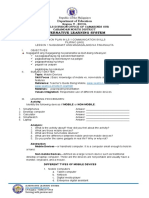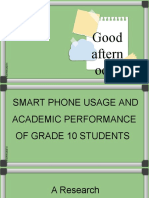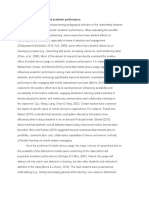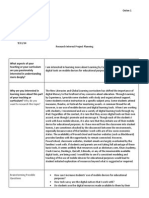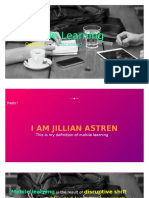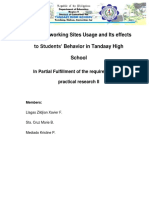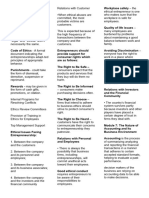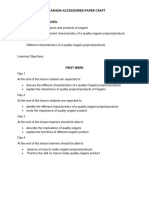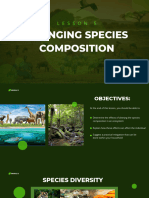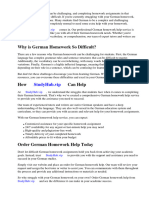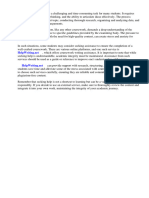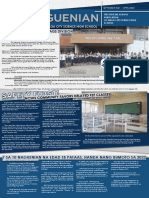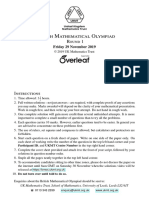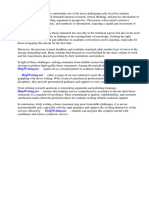0% found this document useful (0 votes)
38 views9 pagesG6-ALS-Daily-Lesson Revised 1
The document outlines a lesson plan for a Digital Literacy program focusing on the advantages and disadvantages of mobile device usage. It includes objectives, content, learning resources, procedures for activities, and evaluation methods to help learners understand responsible mobile device use. The plan emphasizes interactive activities such as games, role-playing, and discussions to engage students in analyzing mobile device impacts on daily life.
Uploaded by
LIBRADILLA CYRENE JALECopyright
© © All Rights Reserved
We take content rights seriously. If you suspect this is your content, claim it here.
Available Formats
Download as PDF, TXT or read online on Scribd
0% found this document useful (0 votes)
38 views9 pagesG6-ALS-Daily-Lesson Revised 1
The document outlines a lesson plan for a Digital Literacy program focusing on the advantages and disadvantages of mobile device usage. It includes objectives, content, learning resources, procedures for activities, and evaluation methods to help learners understand responsible mobile device use. The plan emphasizes interactive activities such as games, role-playing, and discussions to engage students in analyzing mobile device impacts on daily life.
Uploaded by
LIBRADILLA CYRENE JALECopyright
© © All Rights Reserved
We take content rights seriously. If you suspect this is your content, claim it here.
Available Formats
Download as PDF, TXT or read online on Scribd
/ 9


